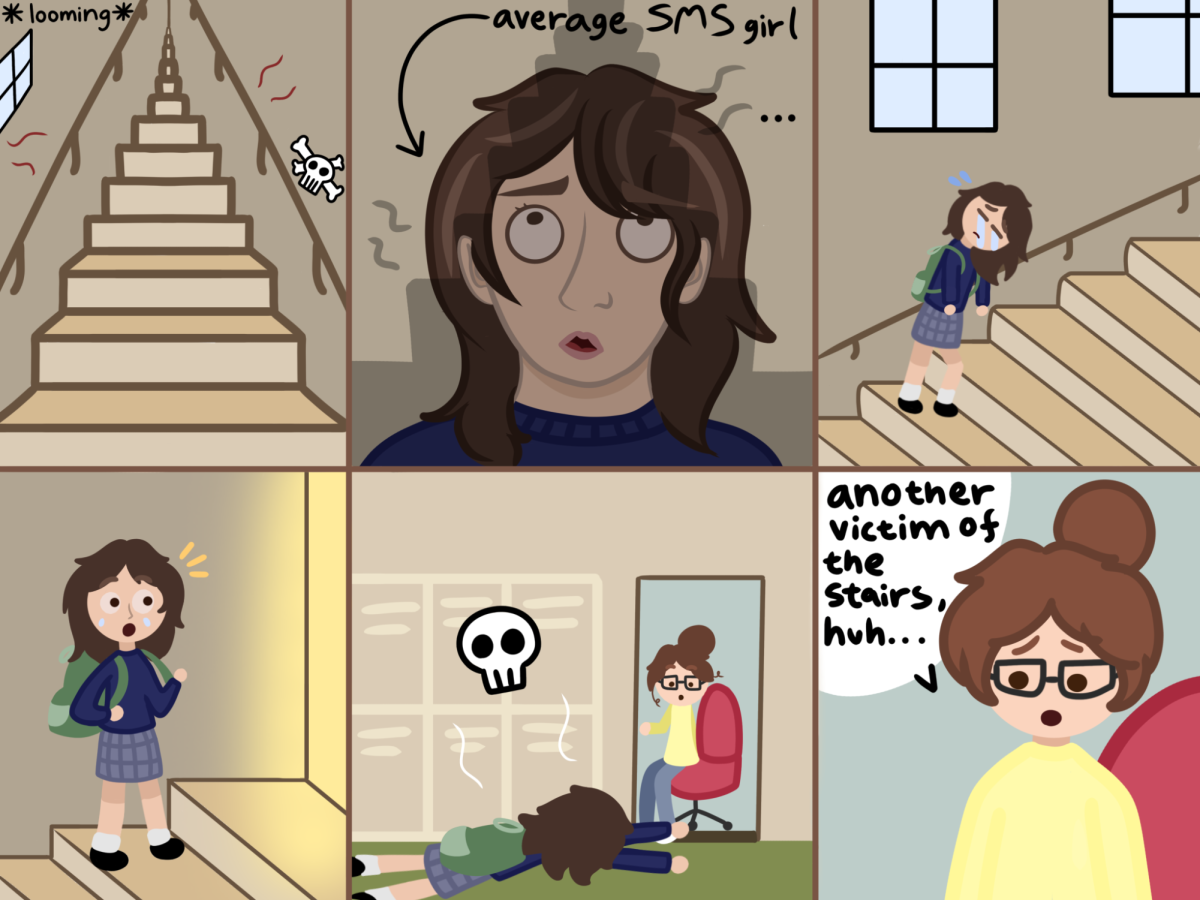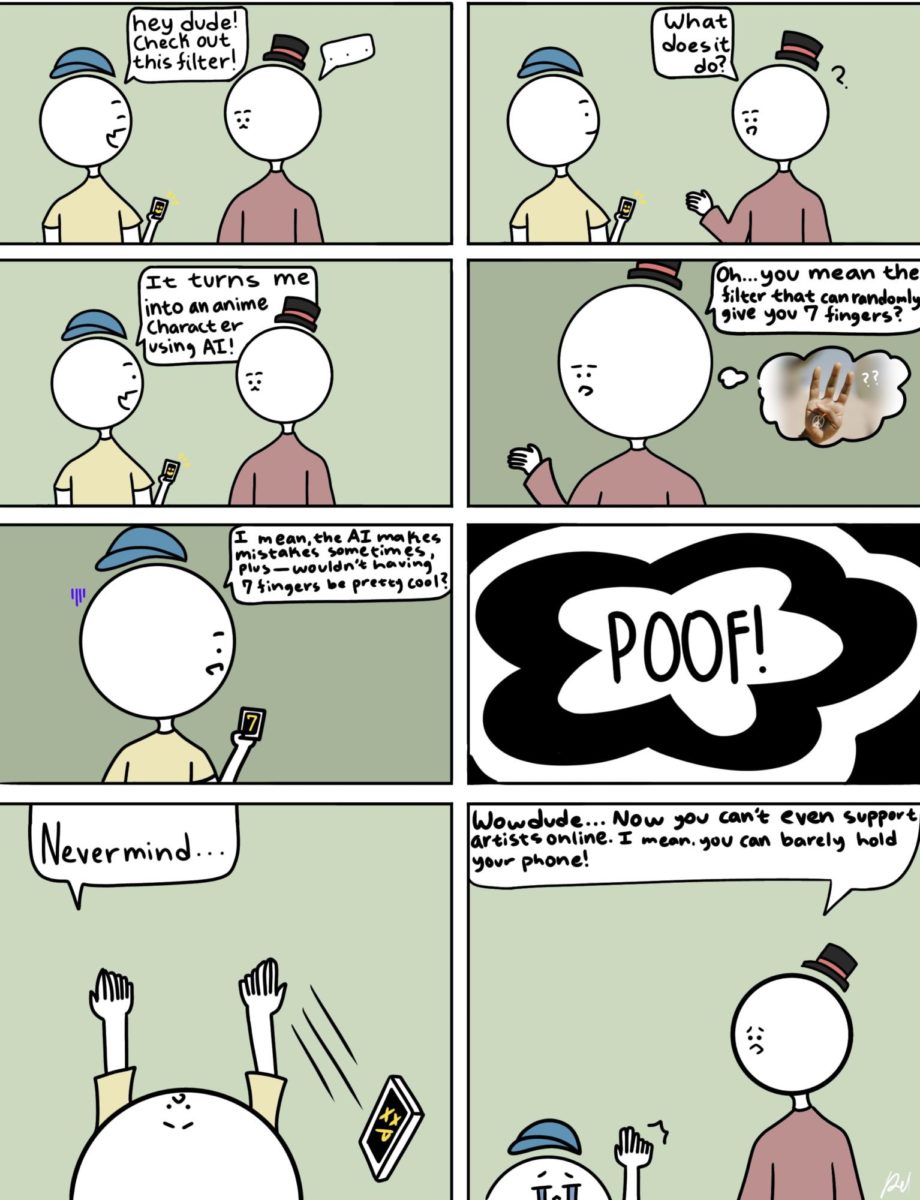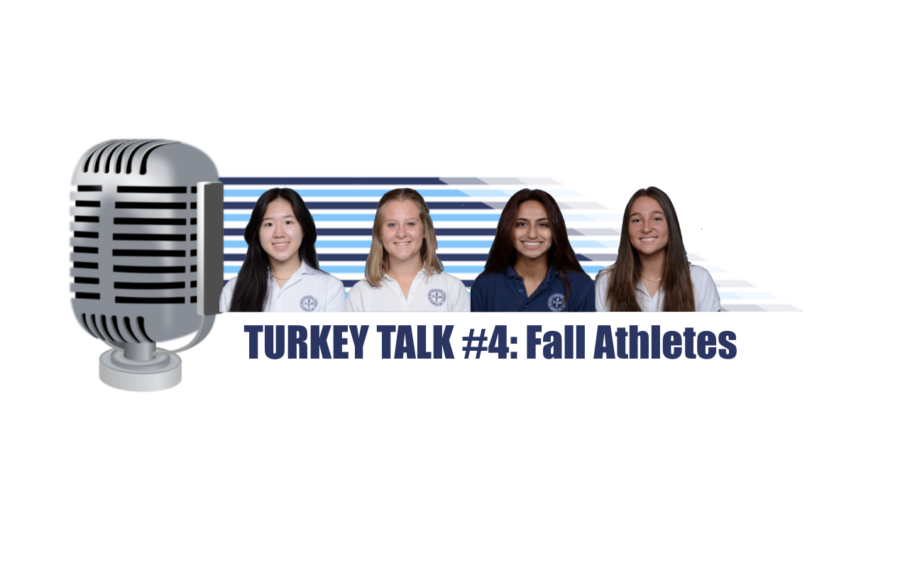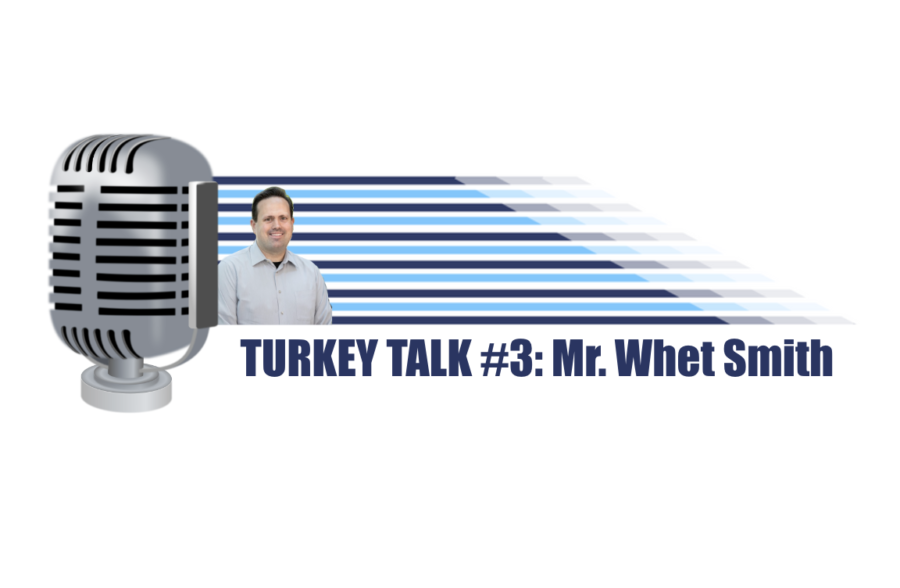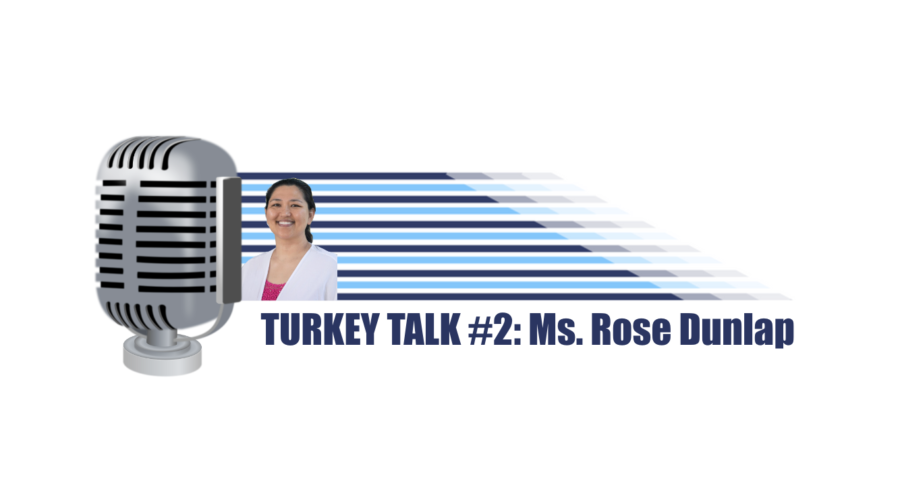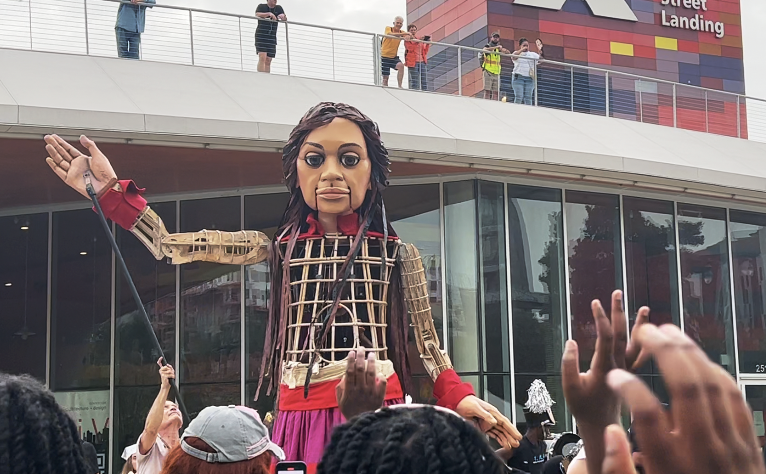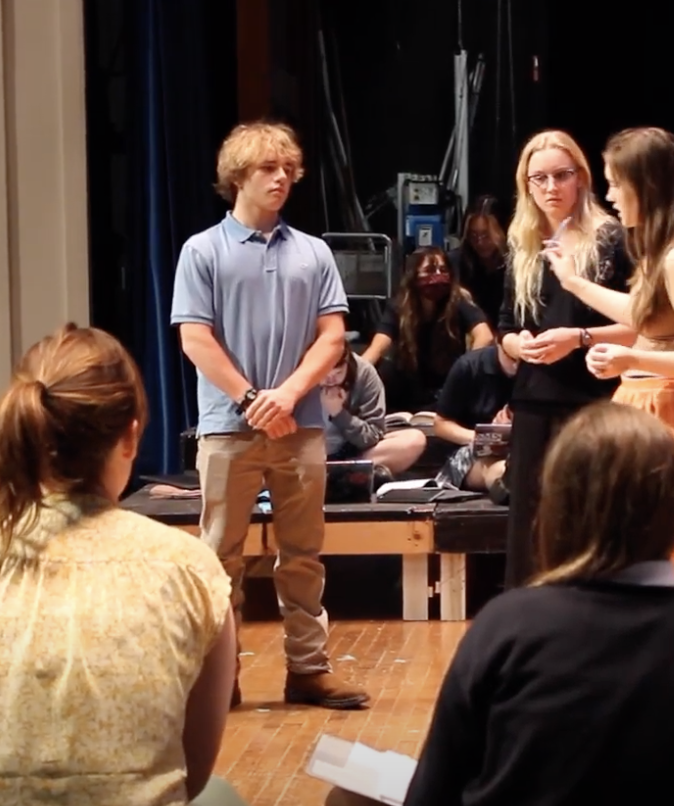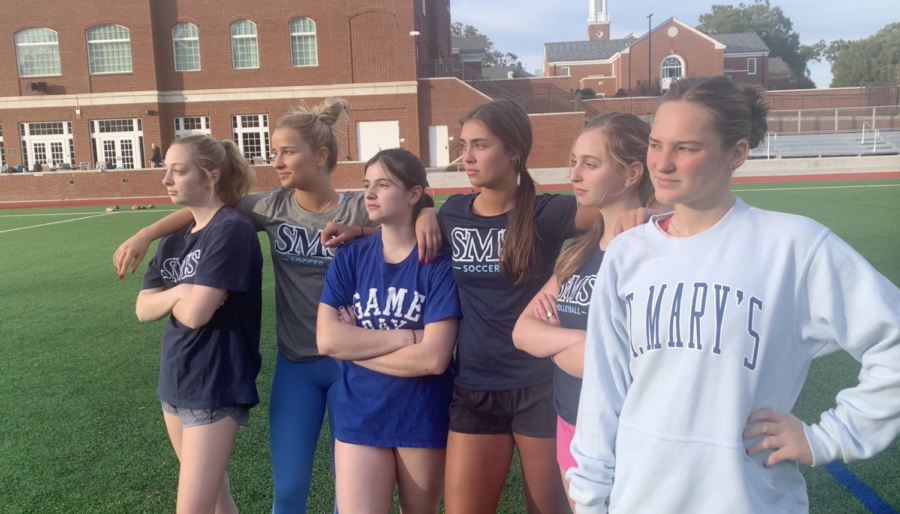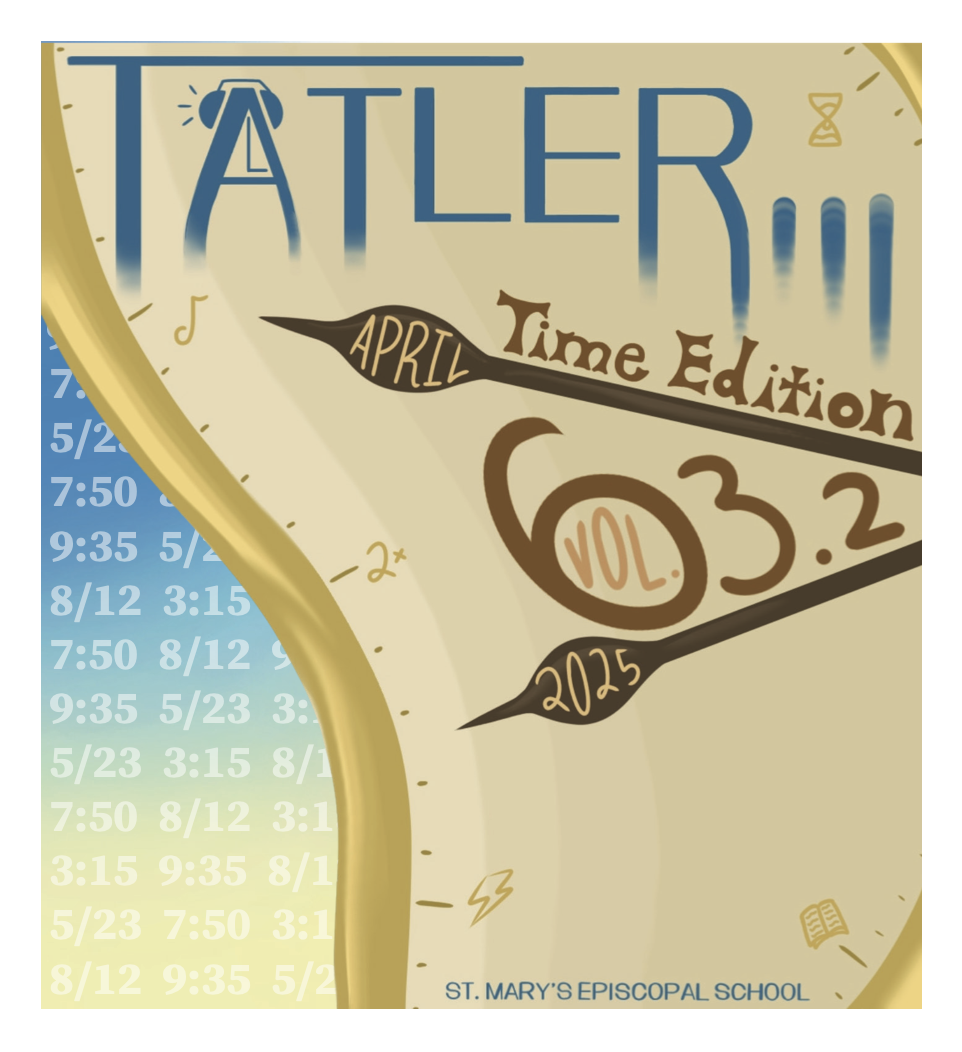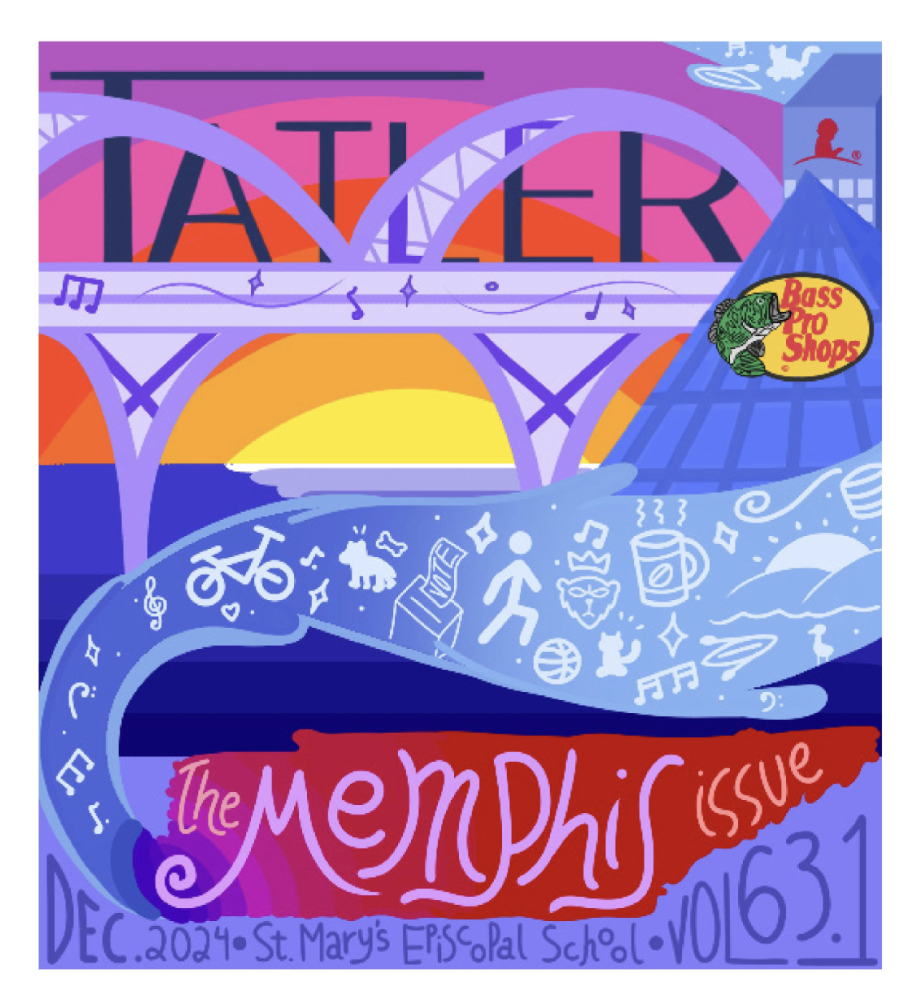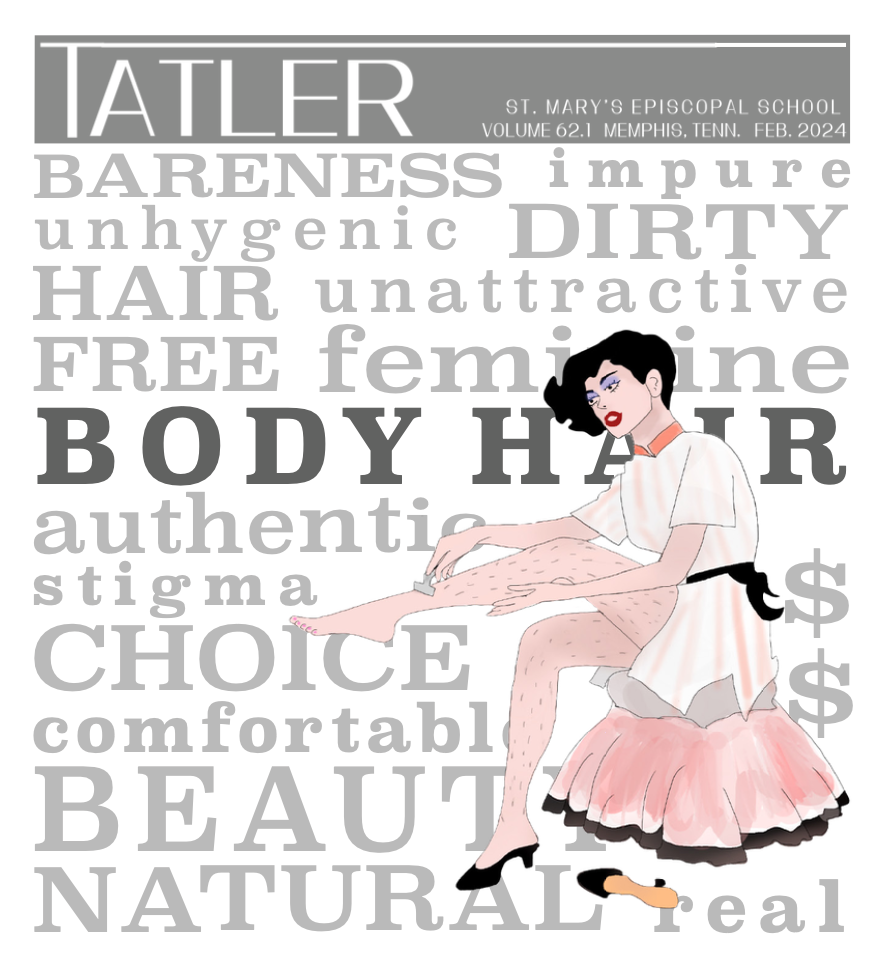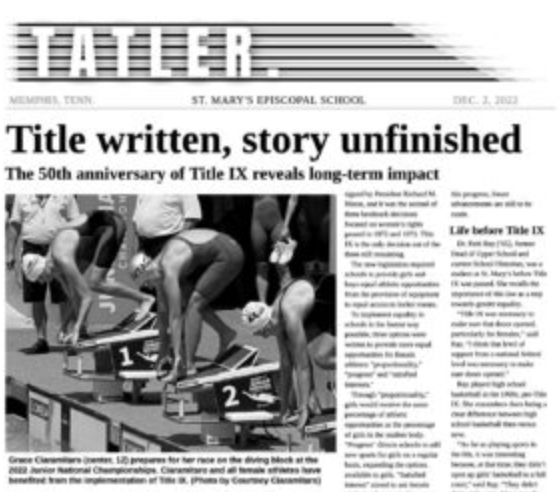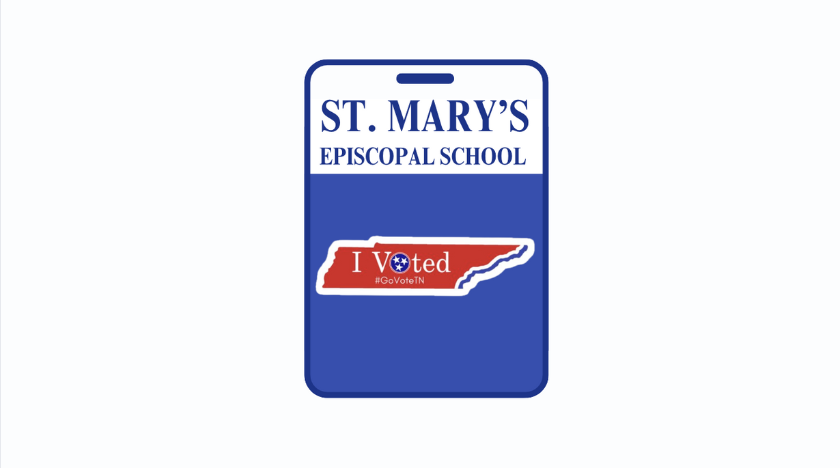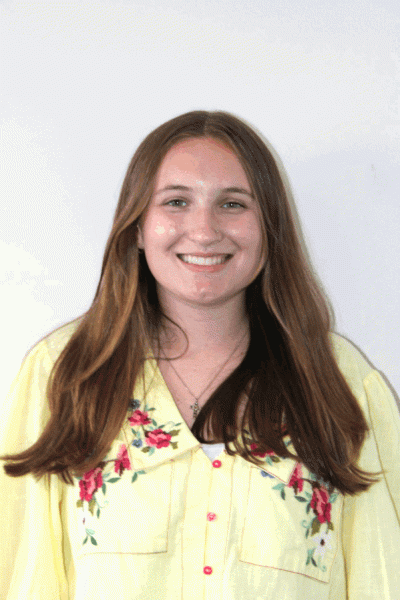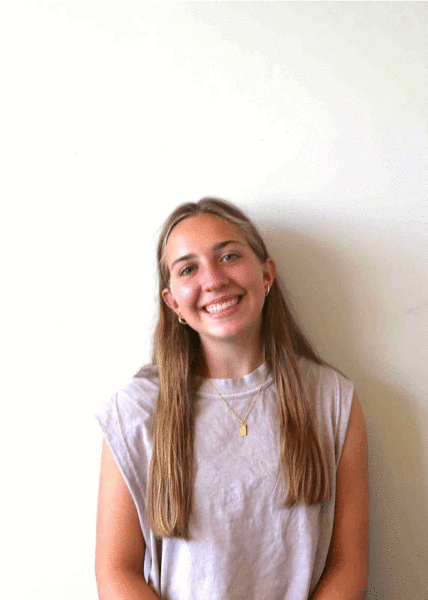As Americans head to the polls on Nov. 5, St. Mary’s Upper School students will cast their own ballots in the St. Mary’s mock election.
For Dalton Lyon, chair of the St. Mary’s history department and government club advisor, it is important to make it true to the experience of Tennessee voting, including the hard parts.
“The main logistical hurdle — like residents in Tennessee have to do — you will have to present your badge, your student ID, in order to vote,” he said.
The ballot will consist of the 2024 presidential and Tennessee senate candidates. Presidential candidates include Democrat Kamala Harris and Republican Donald Trump. The senate candidates are Democrat Gloria Johnson and Republican Marsha Blackburn.
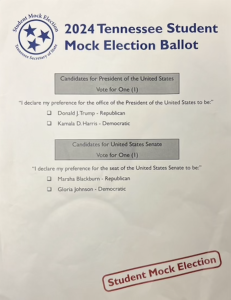
Just as in the real election, people who can’t vote in person can still cast a ballot.
“Anybody who knows they’re not going to be [at school] on that Tuesday will absentee ballot with me the day before,” Lyon said.
At 3:14 p.m., Lyon plans to announce the winner over the school intercom.
Senior and government club president Naomi Betapudi is helping to organize the mock election and said she believes this election will teach students the importance of participating in democracy.
“I think it can be easy for us to say ‘Oh, we’re not voting, [and] we don’t have a say. Why should I care?,’” Betapudi said. “Even if it is for a day or for a couple hours, I think having everyone sit down and think like, ‘which candidate might fit what I believe should be important for America, what is important to me right in the future? What will I vote for?’ If they ask that just on election day, I think then we’ve succeeded.”
Freshman Mary Kirksey Griffin shares a similar view.
“It’s good to teach us about the importance of voting, like [learning about] the system, so that when we get out in the world and can actually affect real politics, we know how to do so in the correct way and responsibly,” Griffin said.
Global Education Director John Nichols works with the Facing History and Ourselves club to share the organization’s resources that encourage students to engage in civil discourse around the election. He believes that the mock election is a great opportunity for students to learn about civic responsibility.
“You know, I think that this is a great bipartisan activity to model what civic engagement looks like for students,” he said. “I think schools are optimal environments, and it’s our responsibility as institutions, as educational institutions, to teach students what that process is like.”
Despite a bipartisan effort, some students, like senior Caroline Hill, worry about the effect the mock election might have on the community.
“I’m worried that it’s going to cause more division and commotion than it needs to, because I think the school is doing a really good job of talking about keeping a safe community during the election and respecting everybody’s opinions,” Hill said.
Senior Claire Chauhan said she remembers the 2020 election when she was in eighth grade. That year the eighth-grade civics class hosted their own mock election separate from the high school mock election.
“We did [a mock election] in eighth grade, and I just remember there being a lot of, I guess political divide, for lack of a better word, between our grade. I feel as eighth graders, we were not competent enough to make our own decisions about politics. Everybody who had an opinion was making it based off of their parents, where they came from [and] stuff like that,” Chauhan said. “People were getting really heated about it, and it was like, you’re not even making your own decision now.”
Chauhan feels that as a freshman she would not have been knowledgeable enough to participate.
“I feel like freshmen and eighth grade are basically the same. You’re what, 14 turning 15. You don’t know [about politics] unless you’re super involved in the news,” Chauhan said.
Freshman Nisha Mawani has been paying attention to news about the election, but said she mostly agrees with Chauhan.
“I feel like some people are educated, but then there’s some people that [think] it doesn’t really affect us [so] it doesn’t matter,” Mawani said. “But I feel like the whole grade should be more educated than they are.”
All high school grades will participate in the mock election this year, just as they have in the past. In the 2020 mock election, Joe Biden won, but for Betapudi, the winner is not the goal of the mock election.
“Our main goal is to help people recognize that we all have different views, obviously, and just because our views are different than other people doesn’t mean that that’s bad,” Betaputi said.
Wallis Rogin contributed to this article


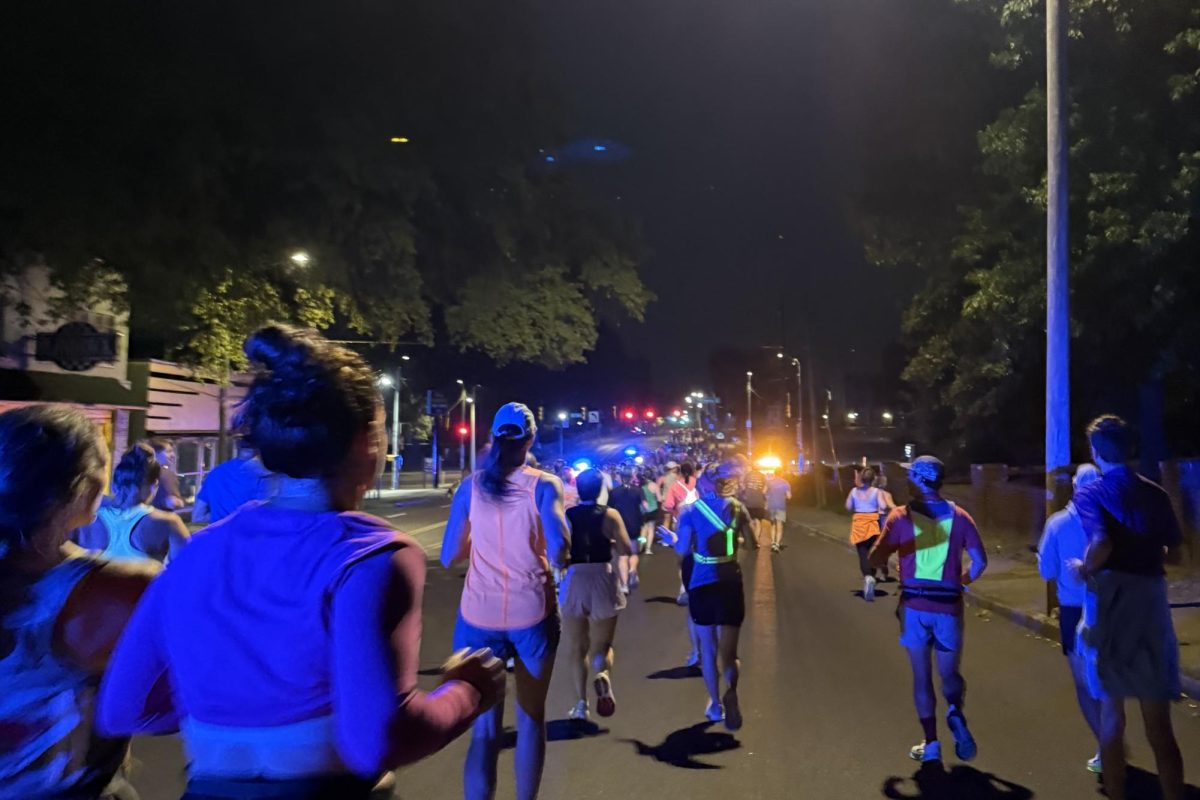
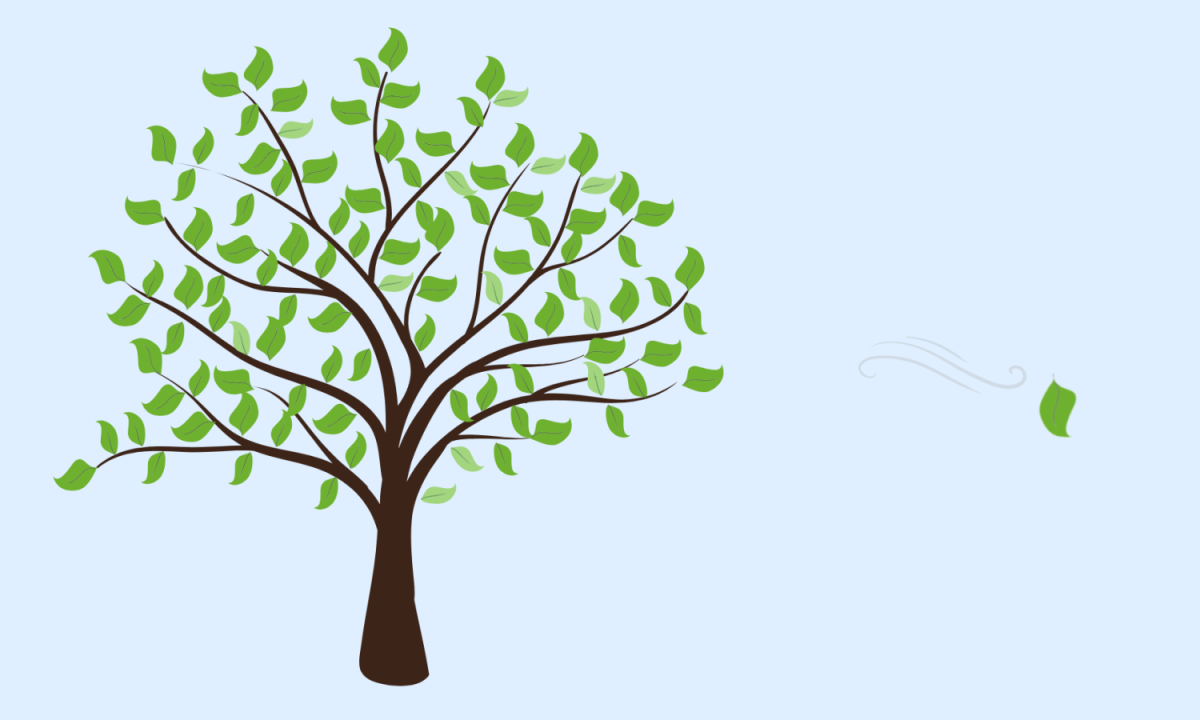
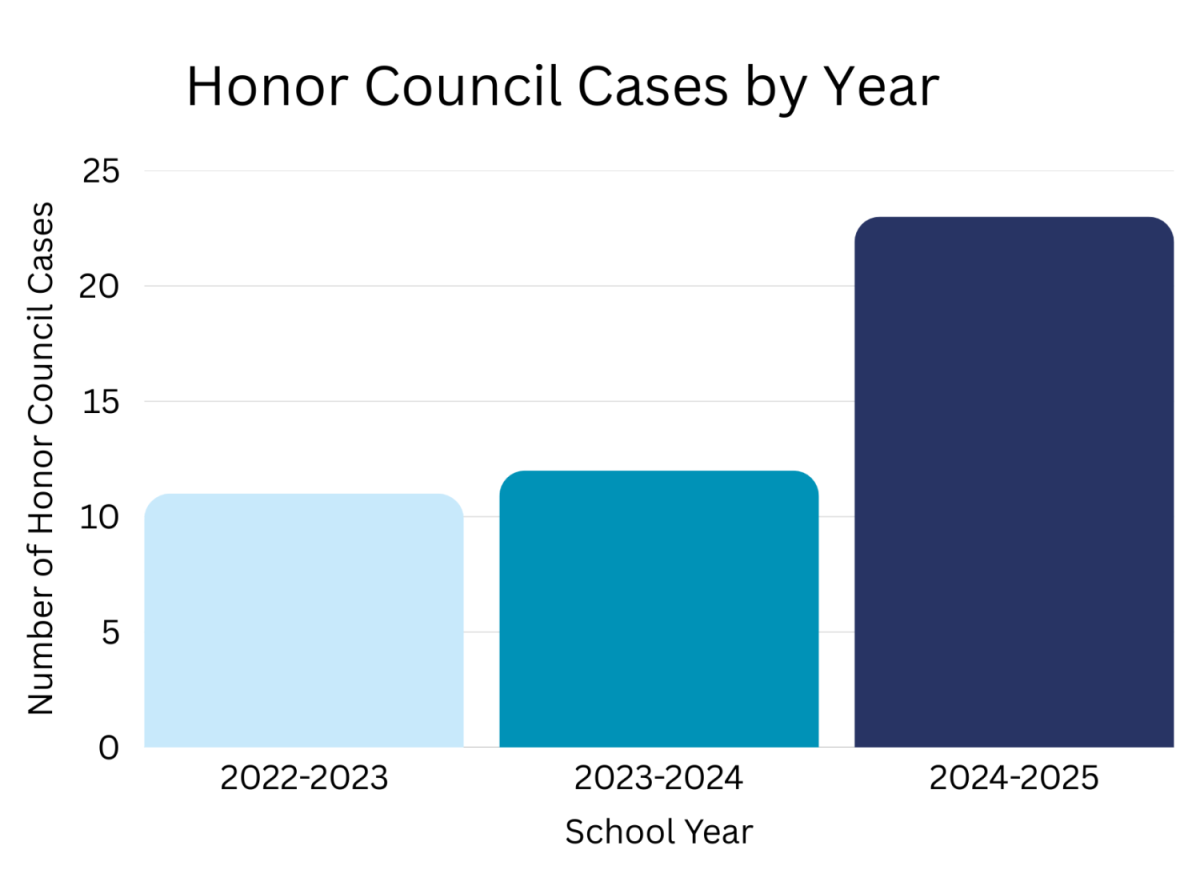
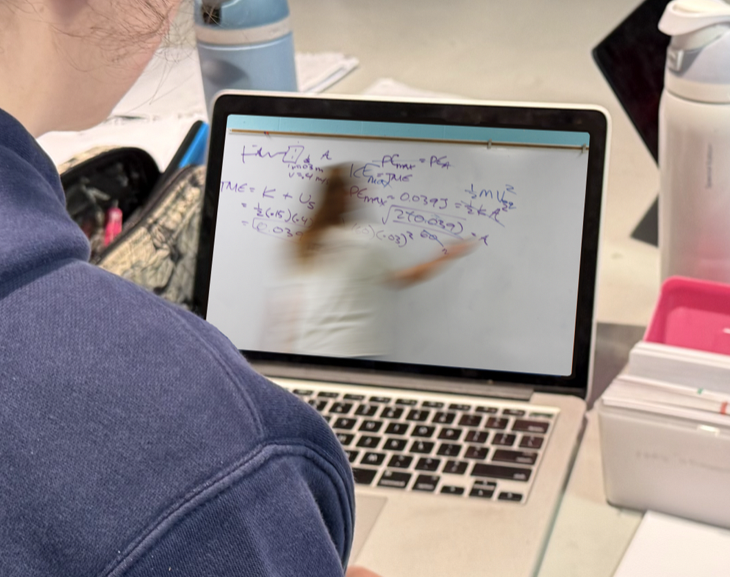
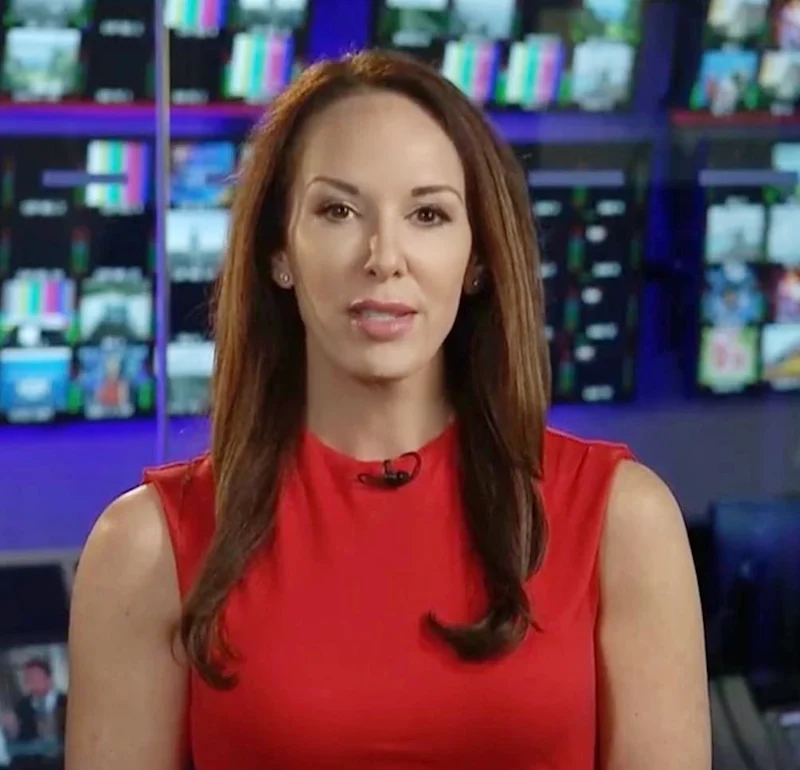

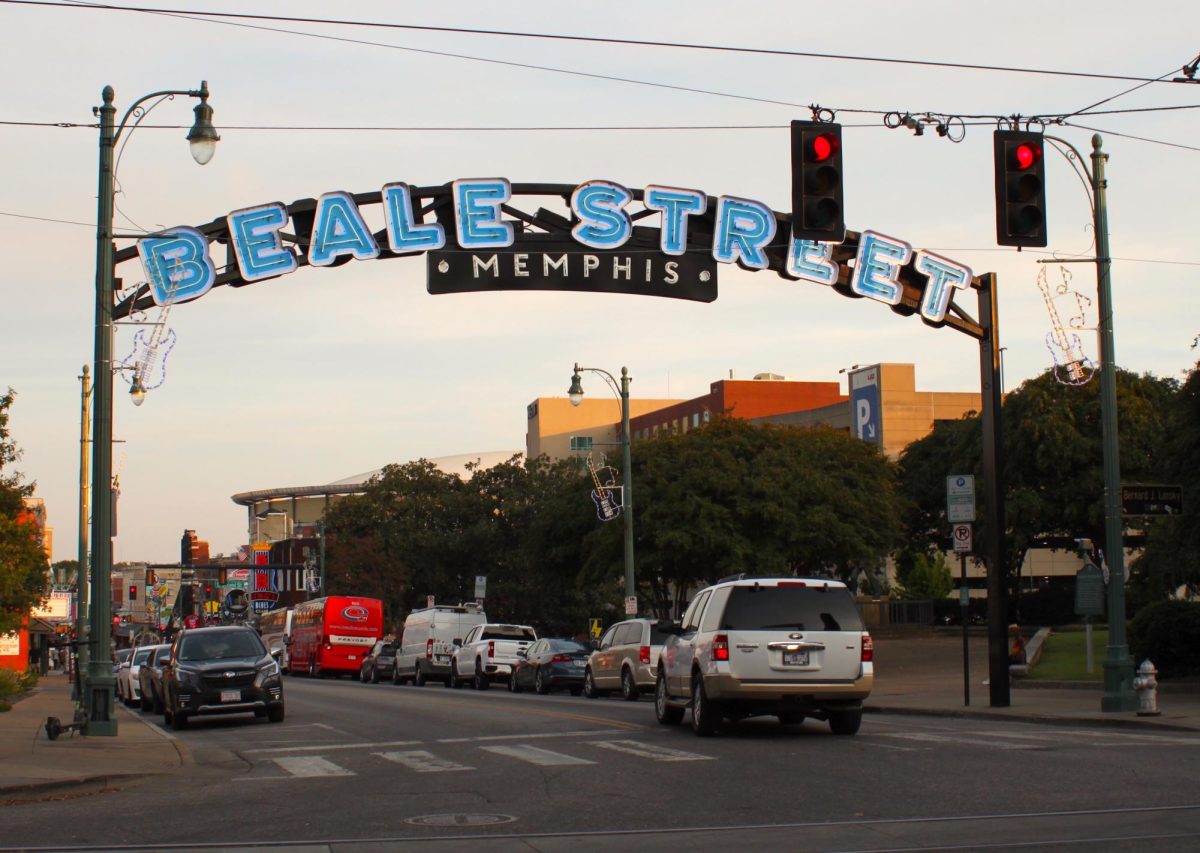
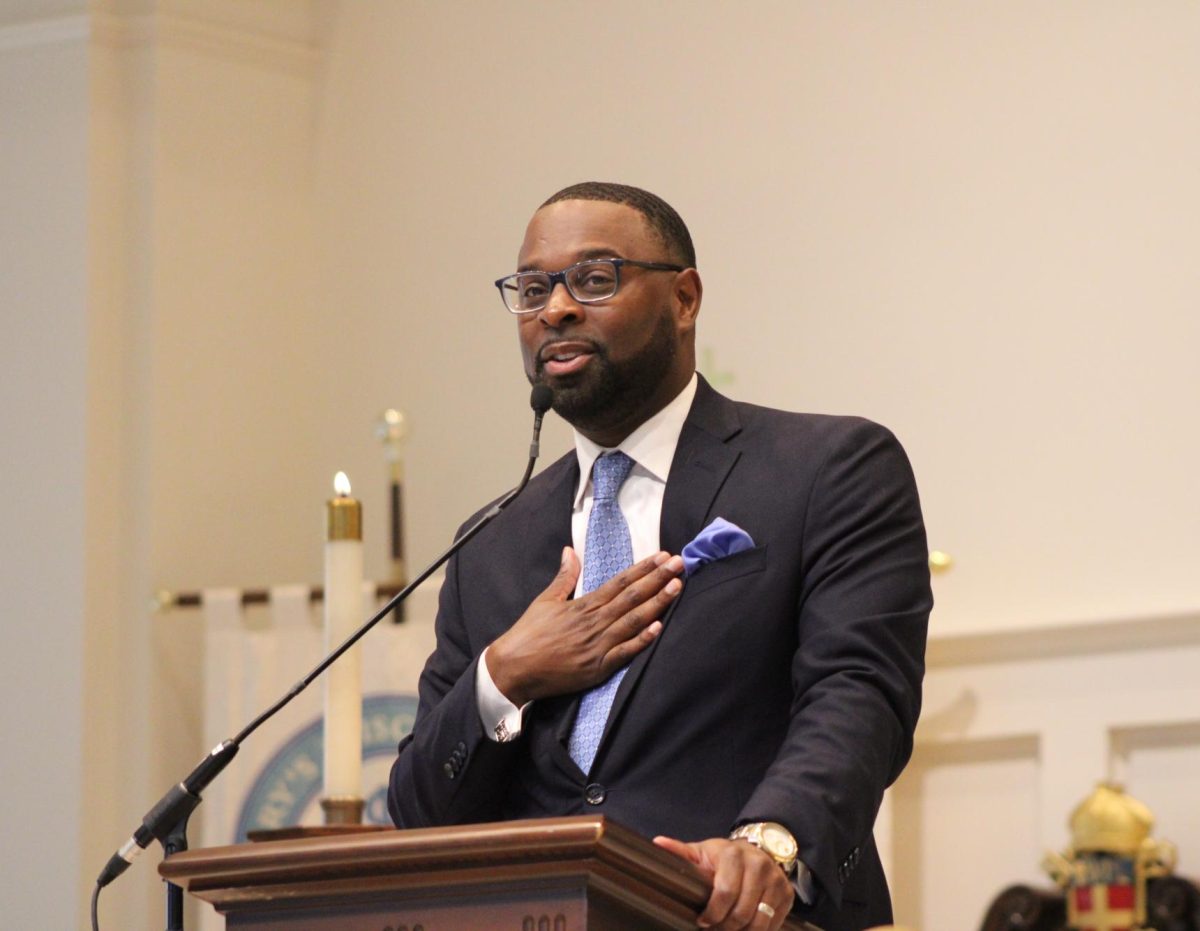
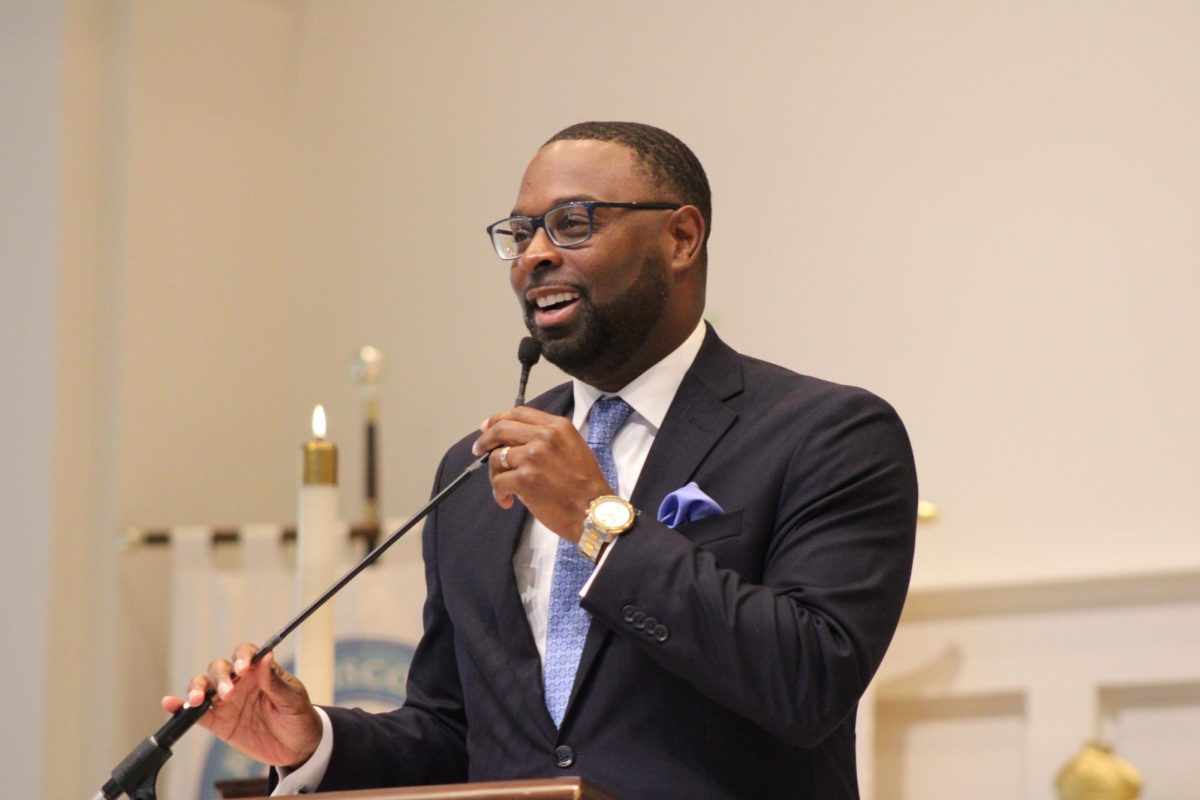
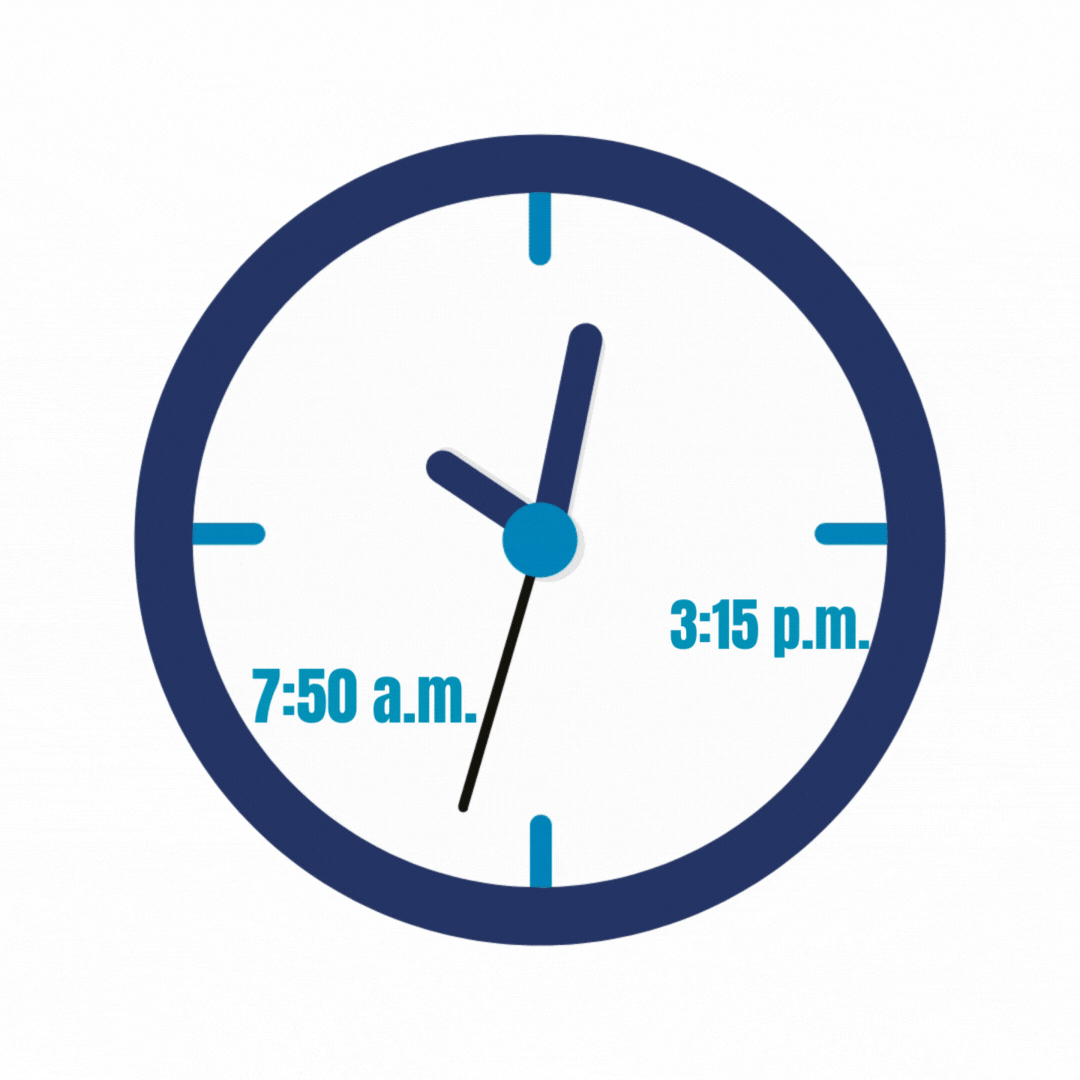
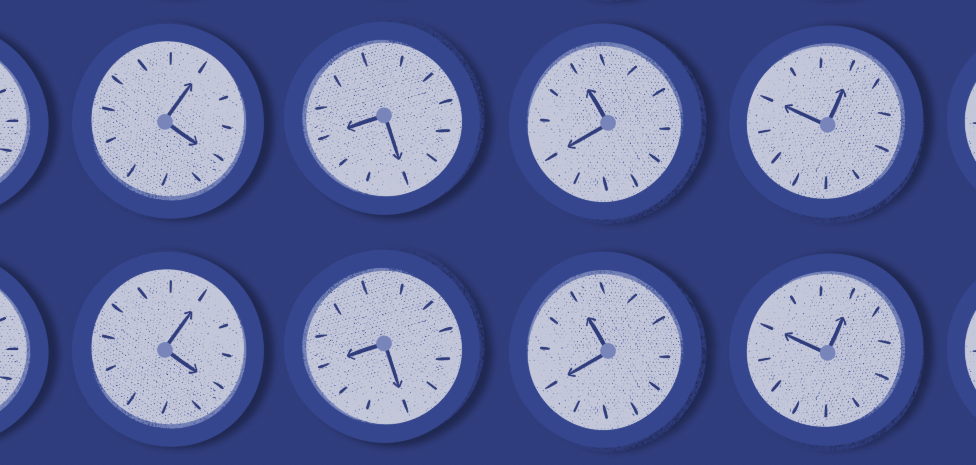


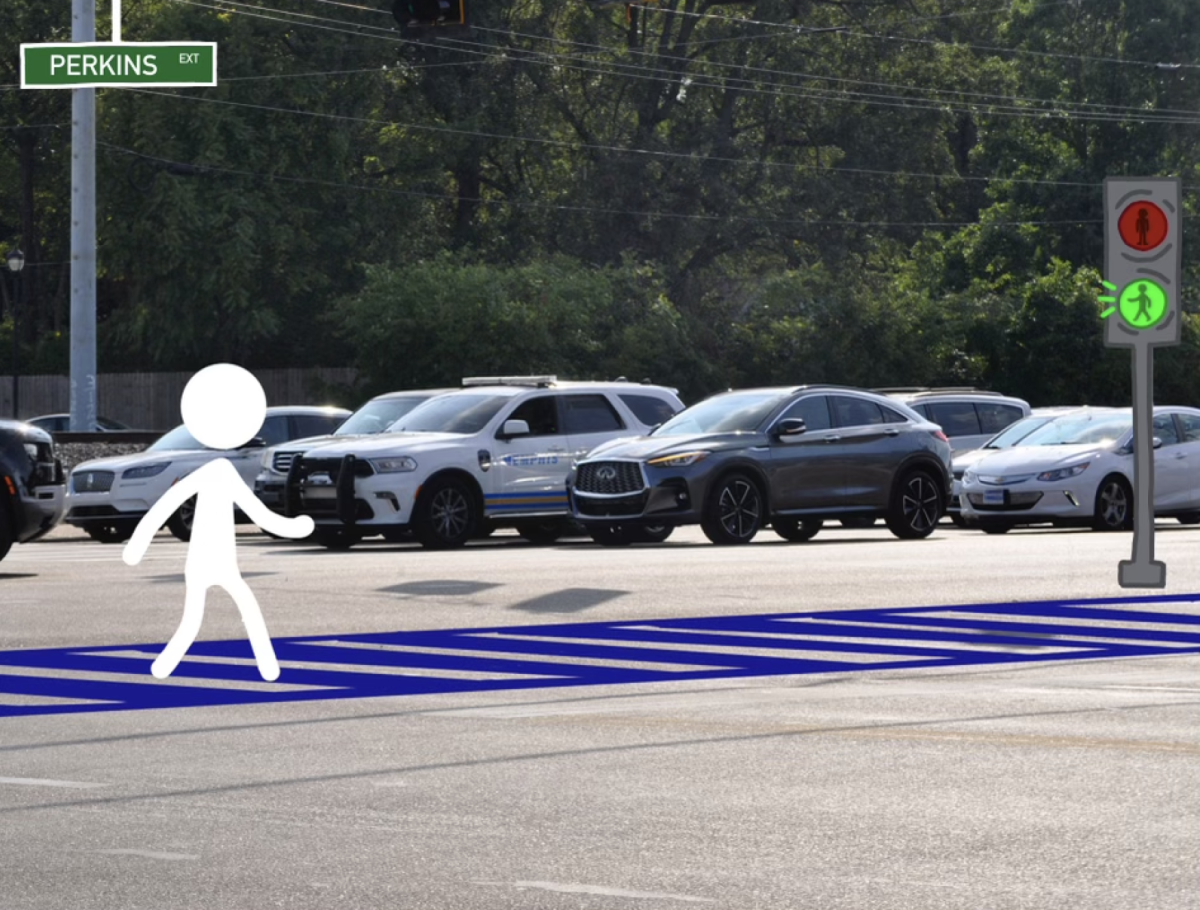
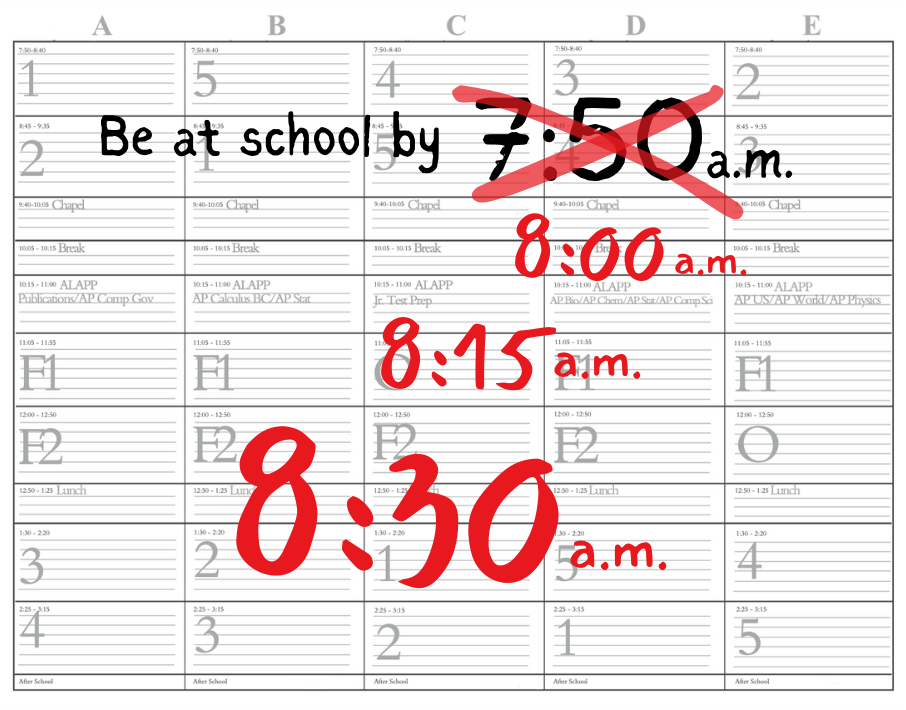

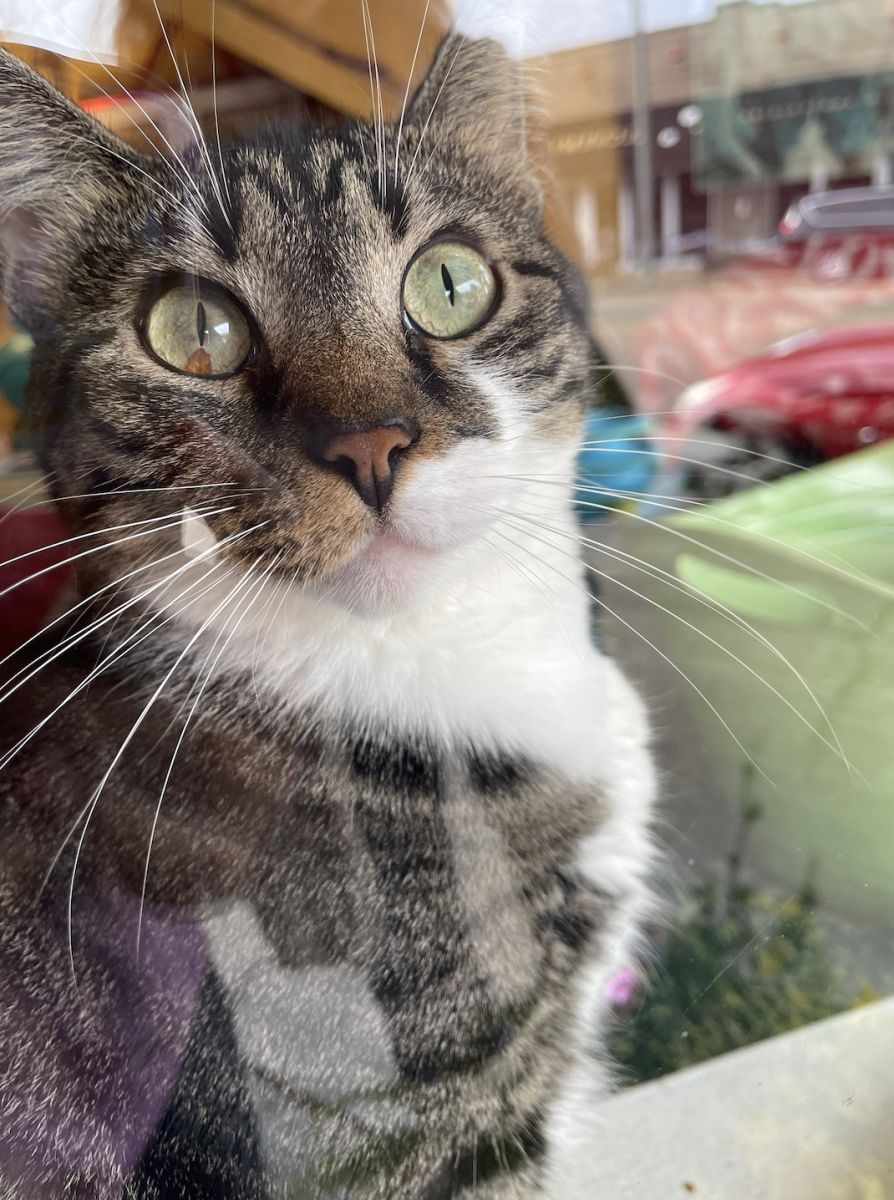
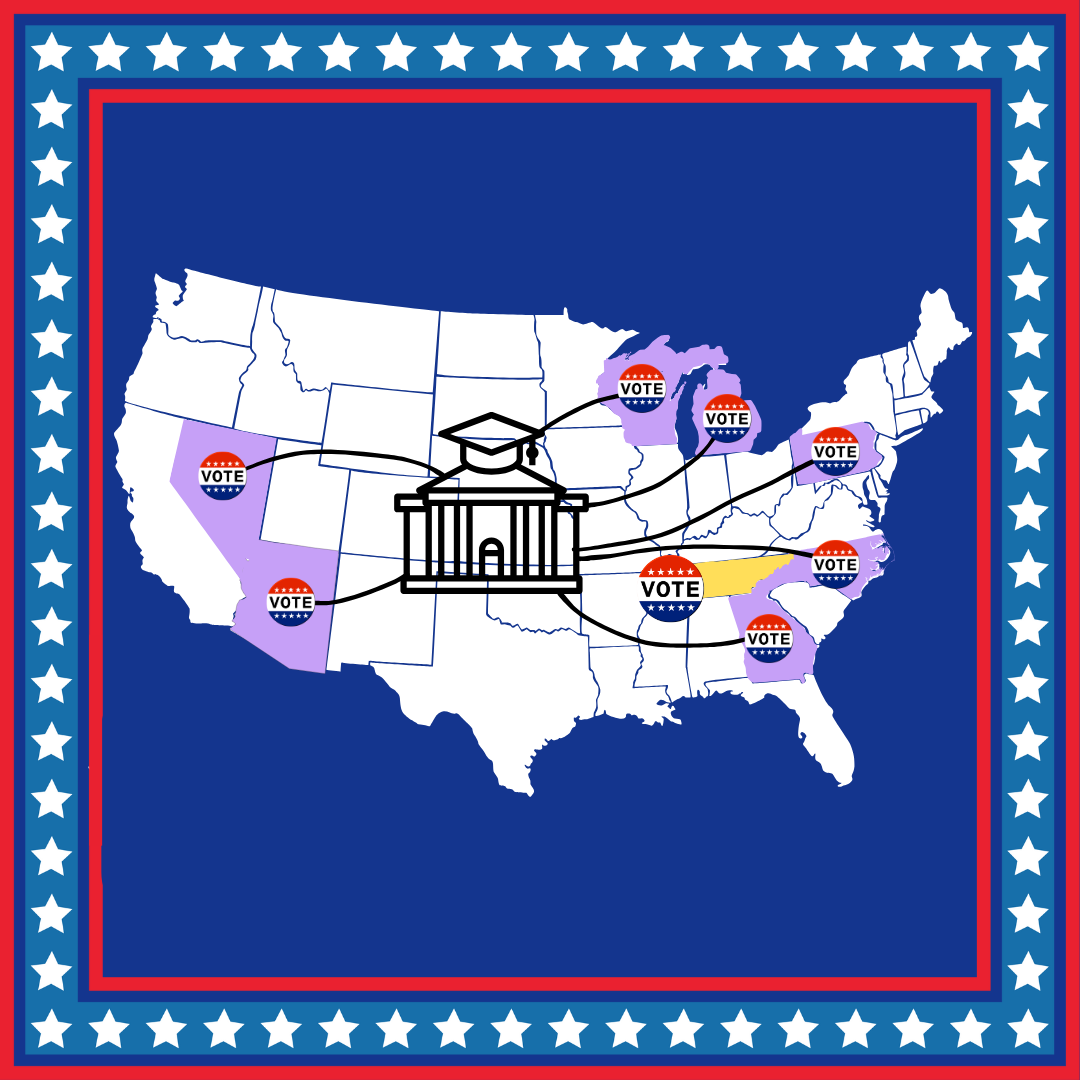
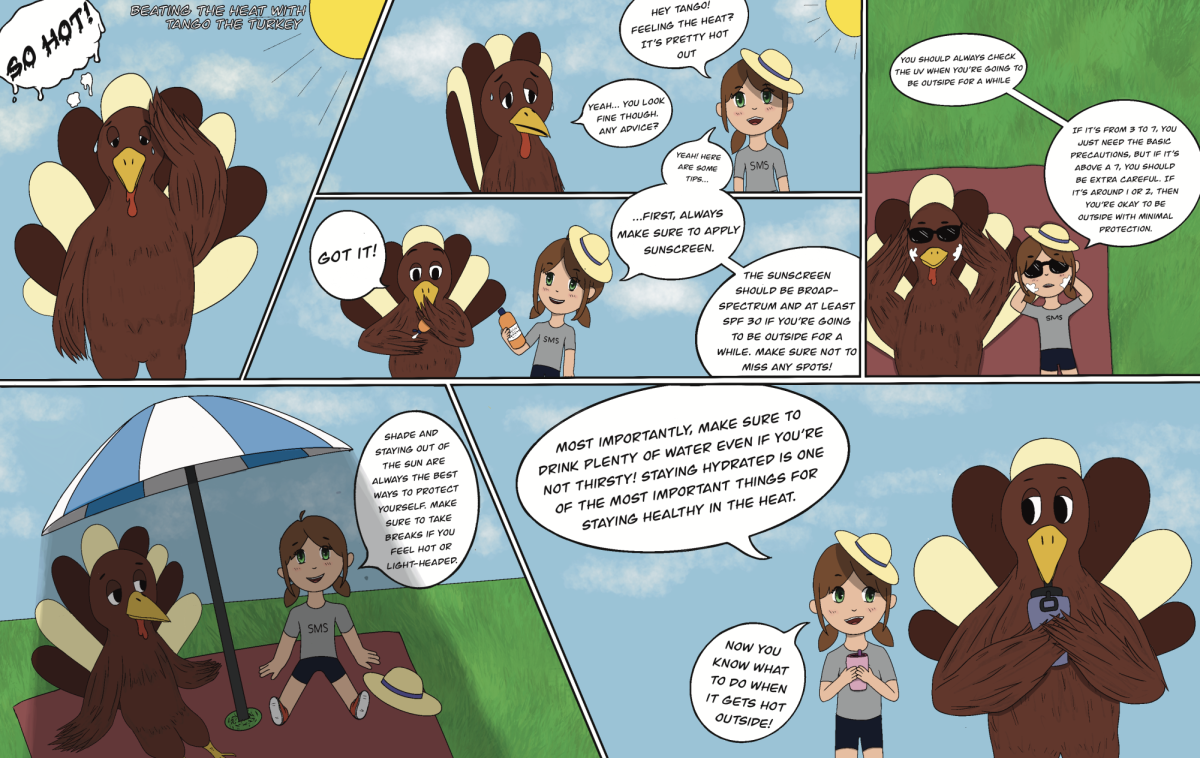

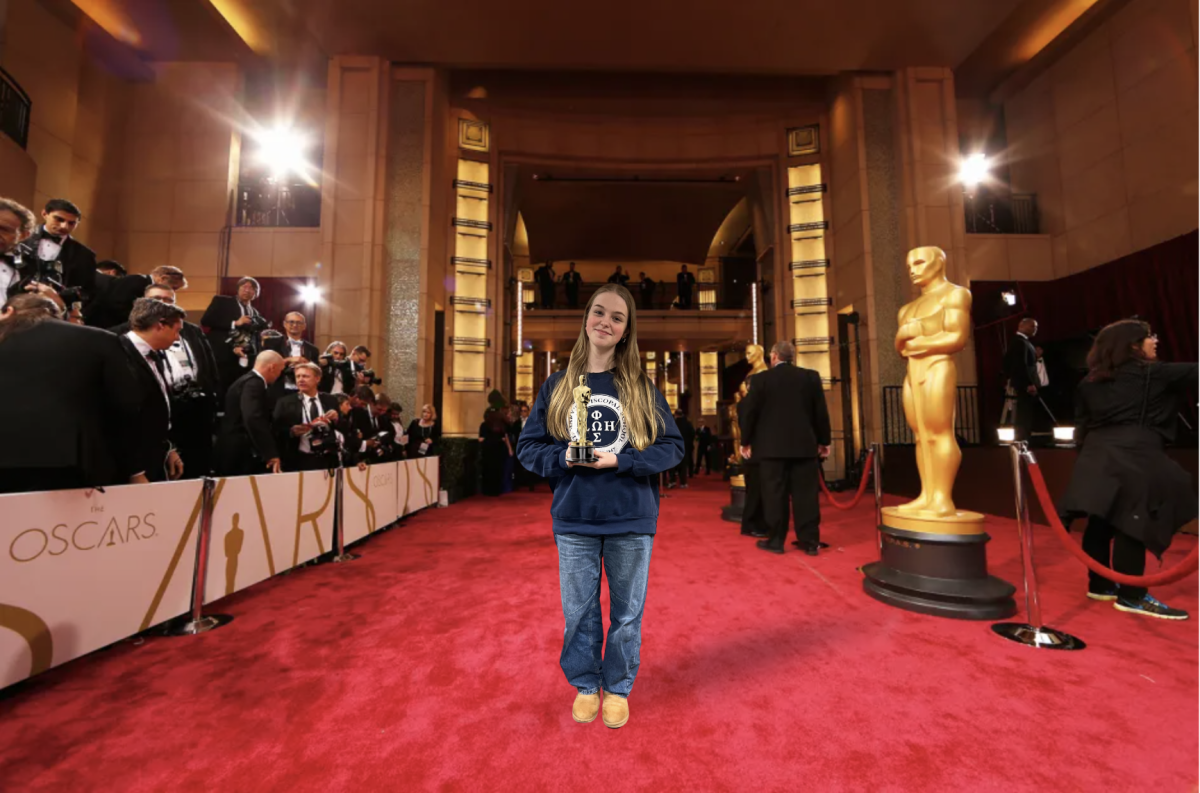
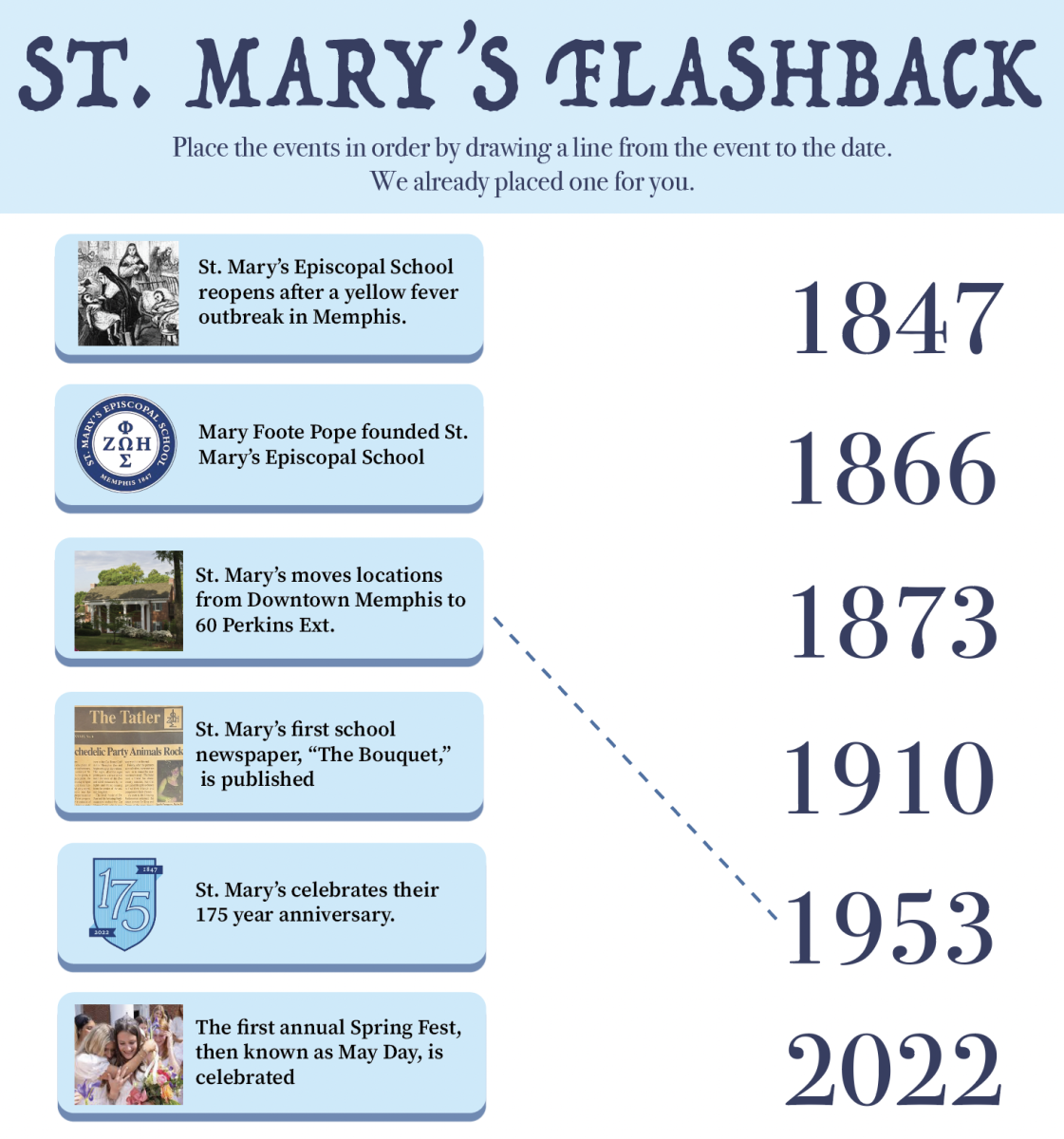
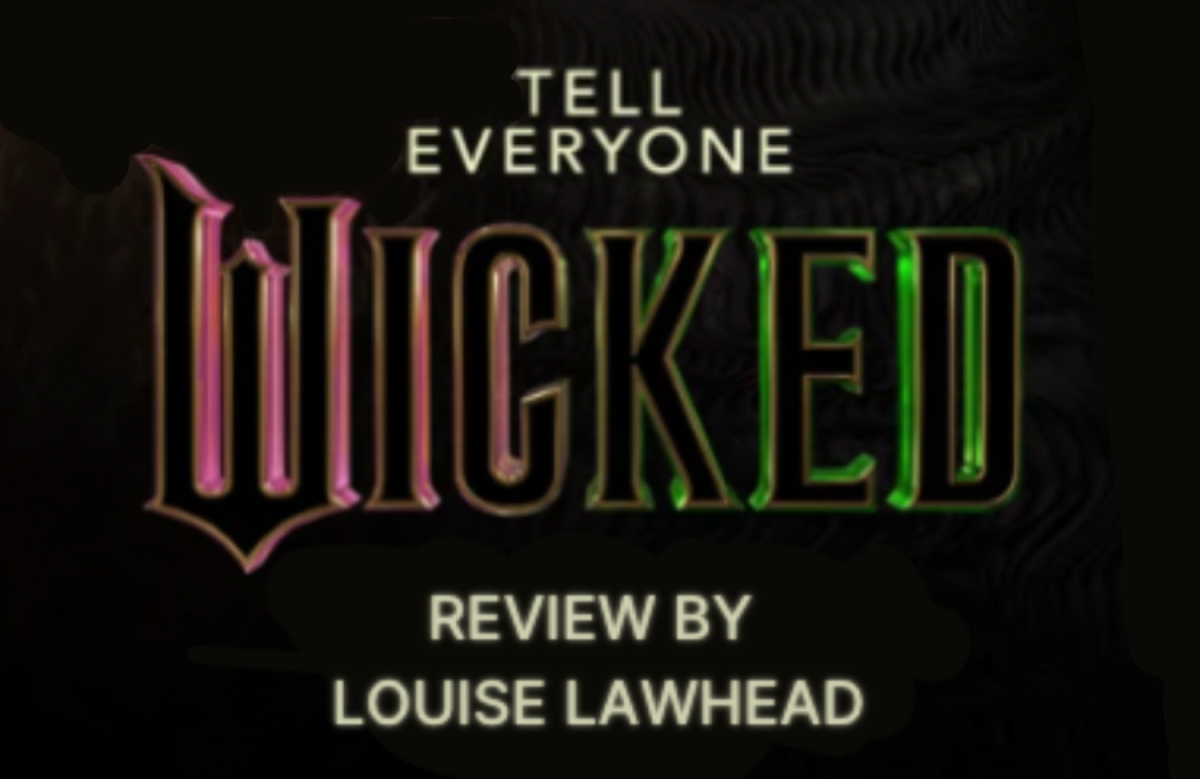
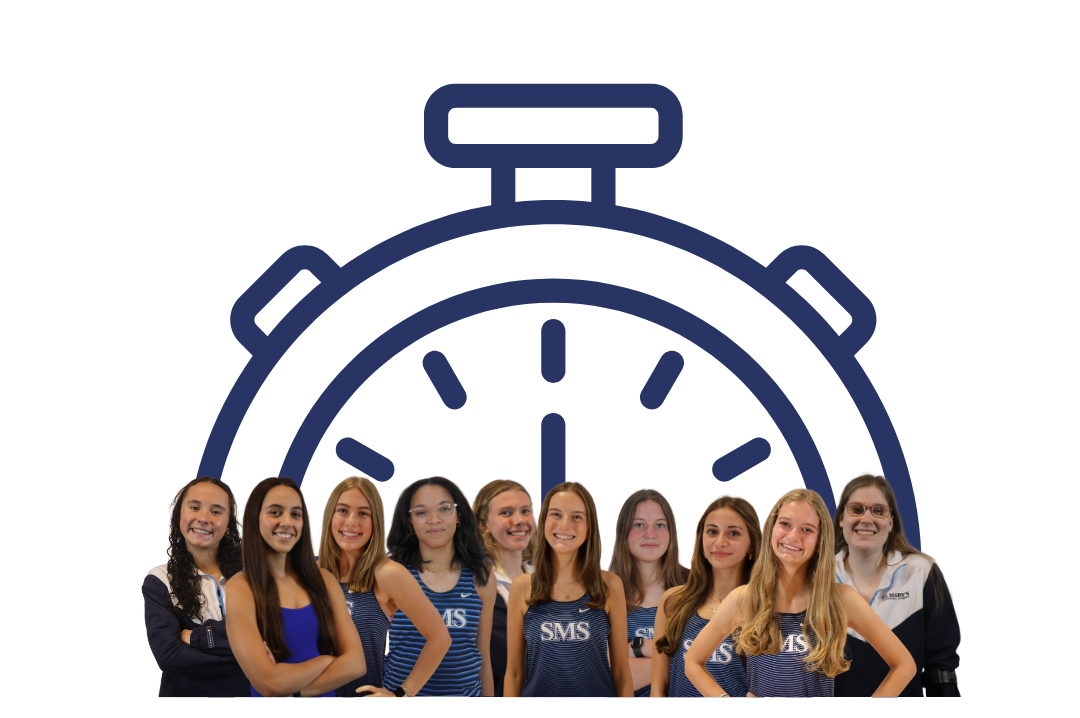
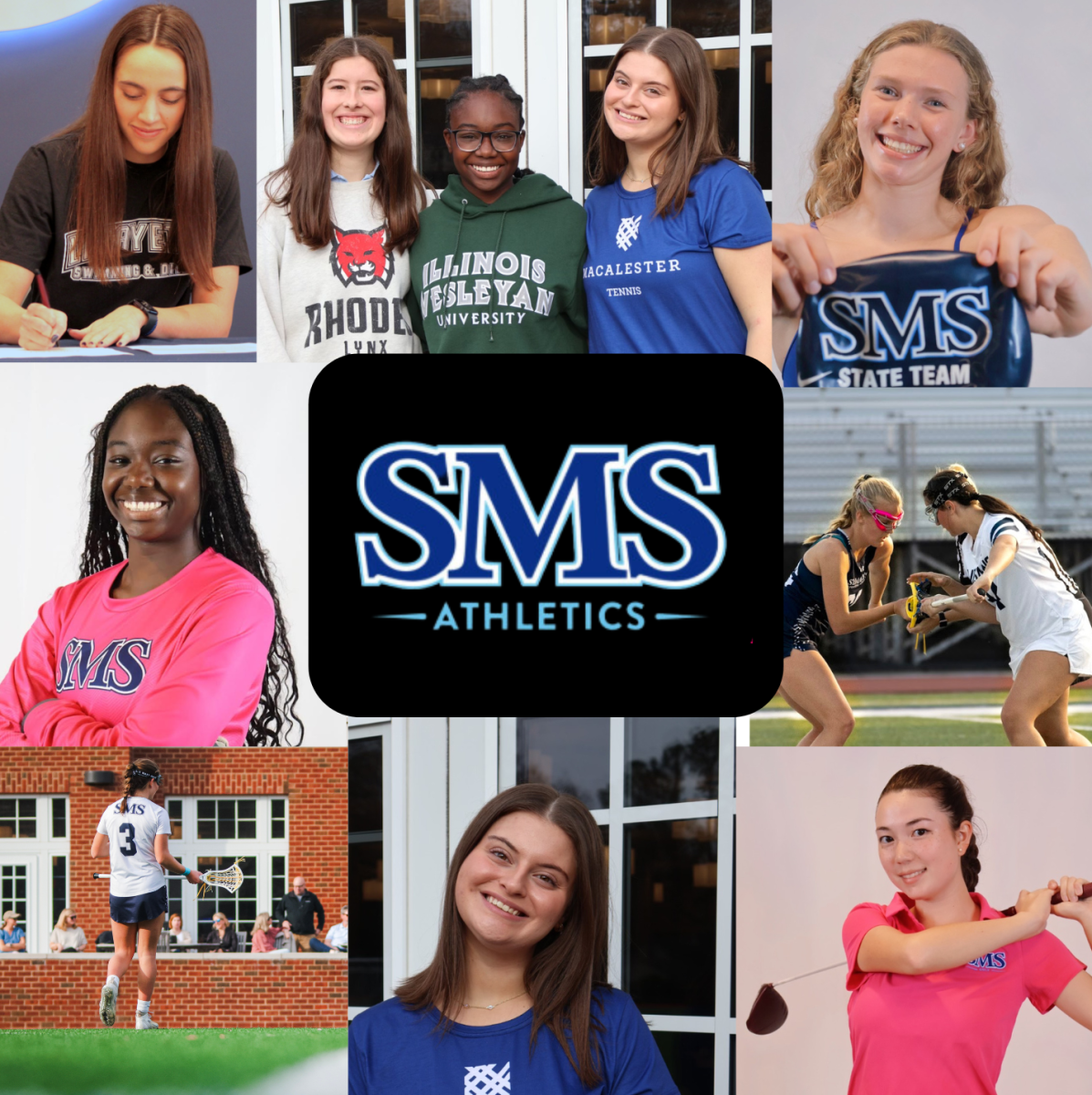
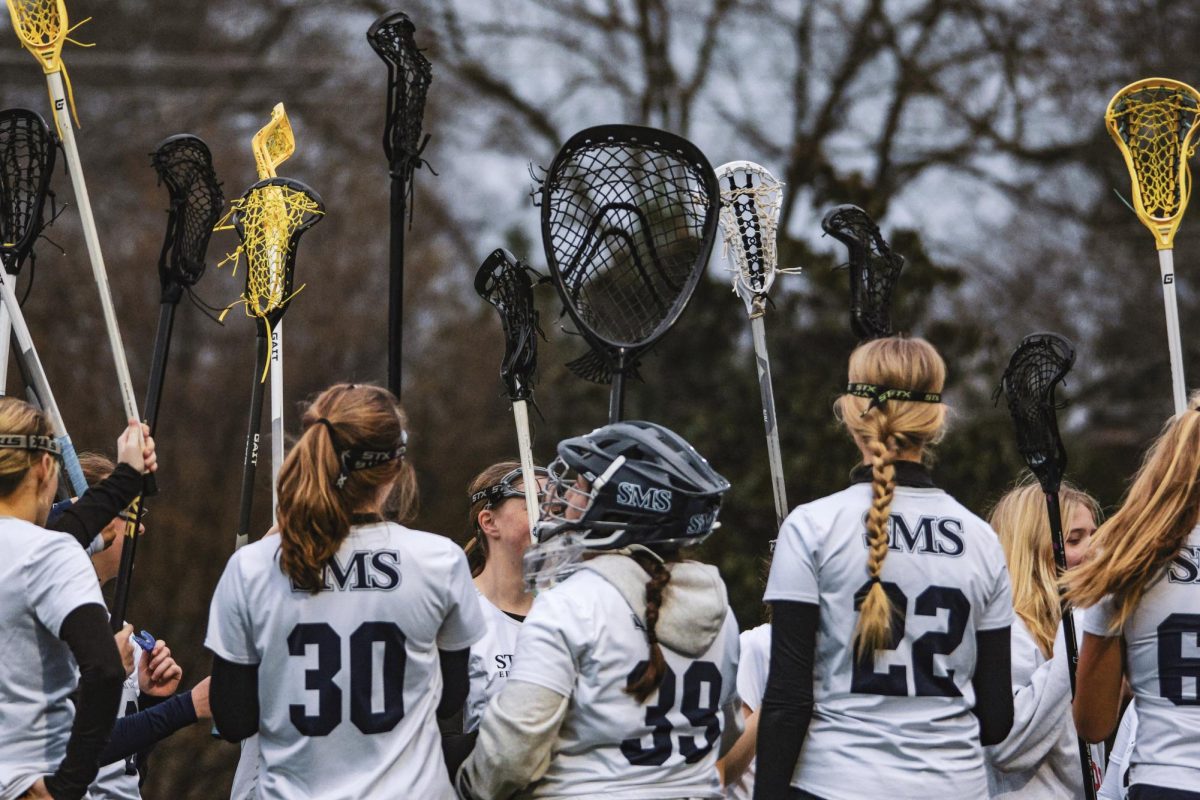
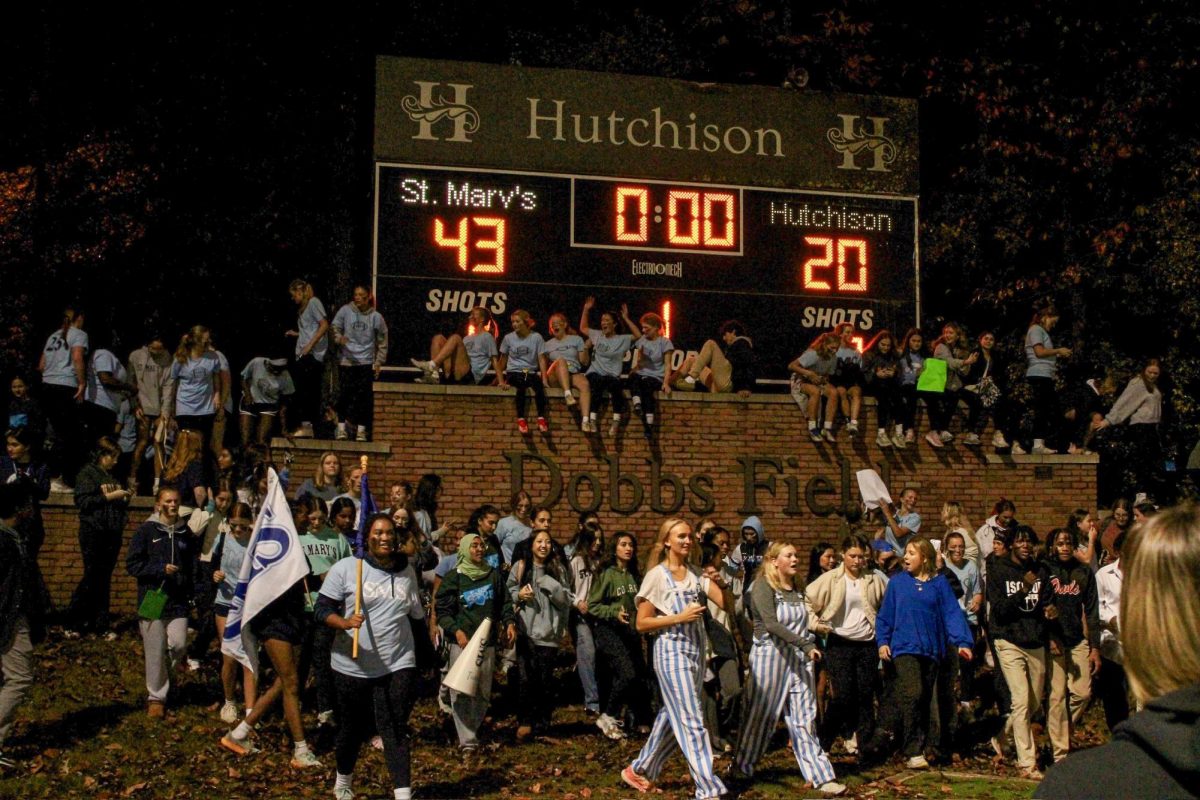
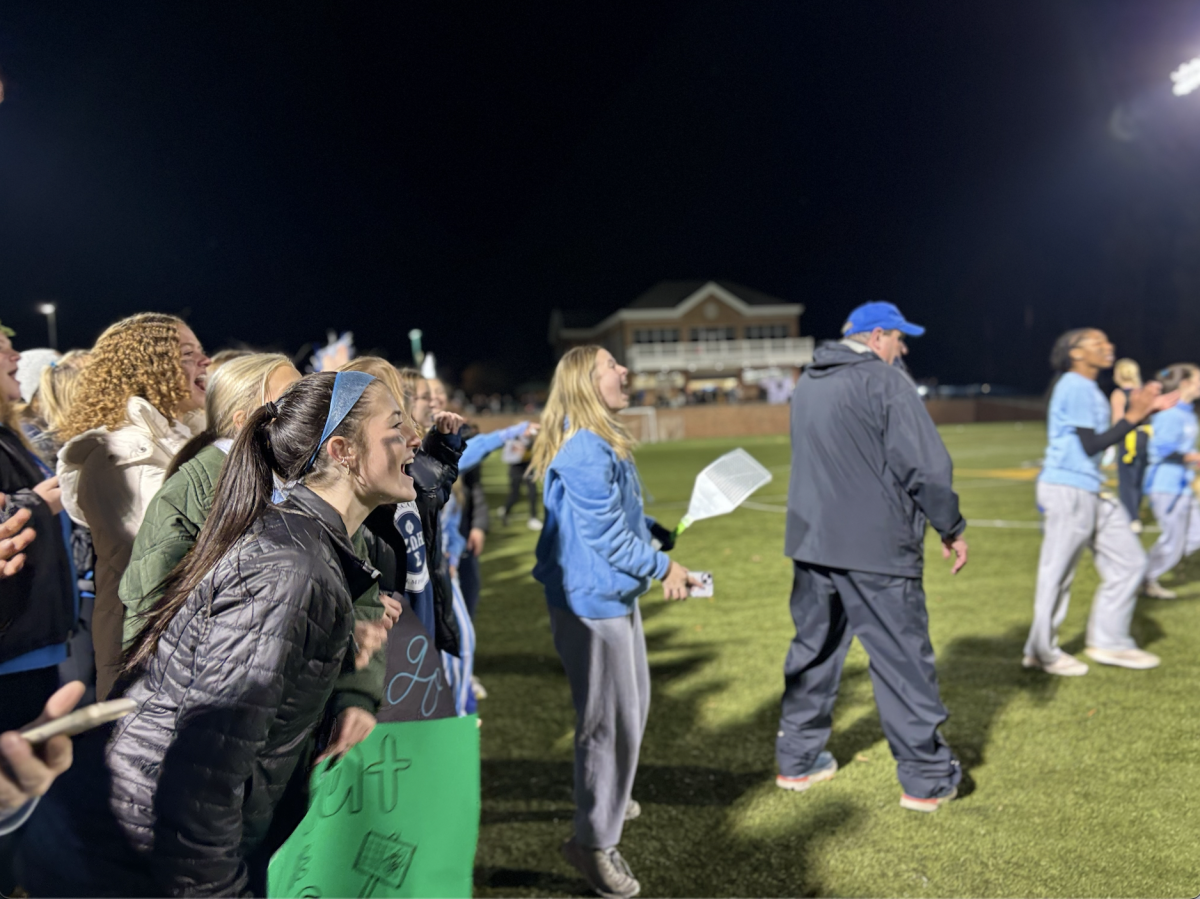
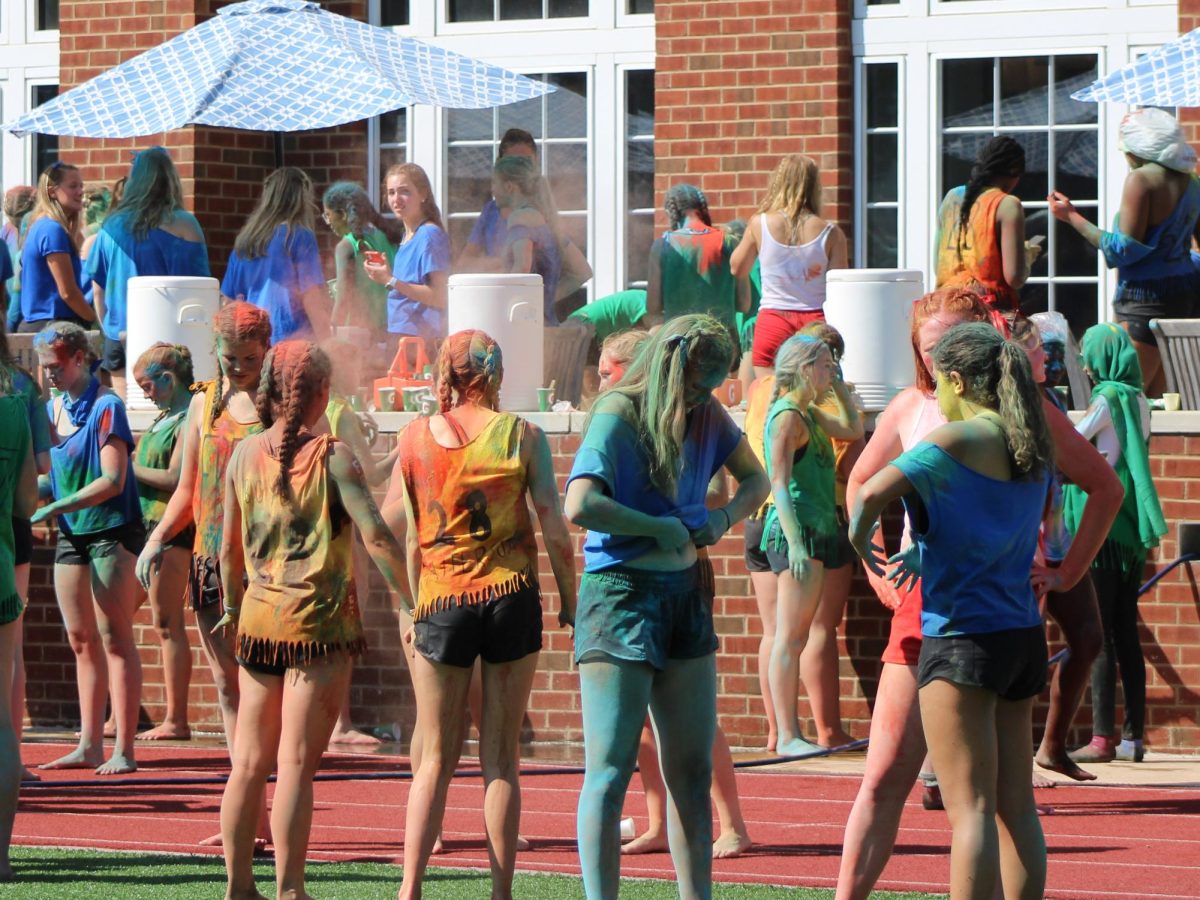
![[GALLERY] Walking in (Downtown) Memphis](https://stmarystatler.org/wp-content/uploads/2024/04/E1DAD3FE-E2CE-486F-8D1D-33D687B1613F_1_105_c.jpeg)
